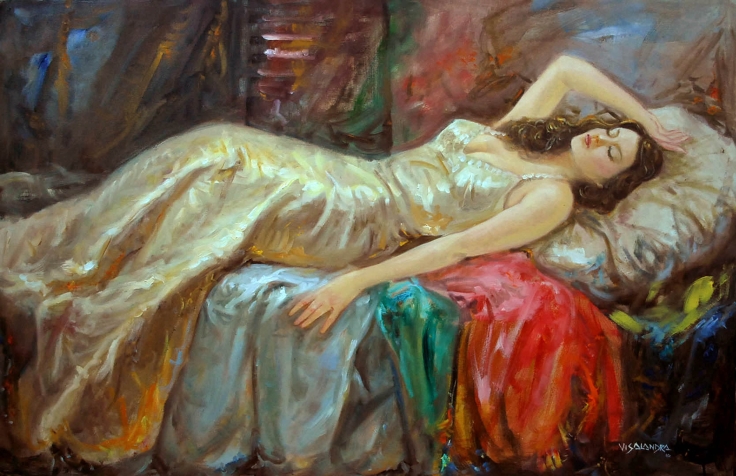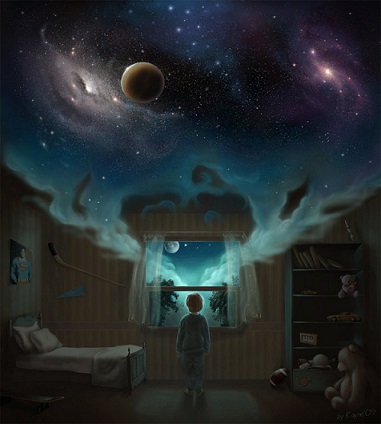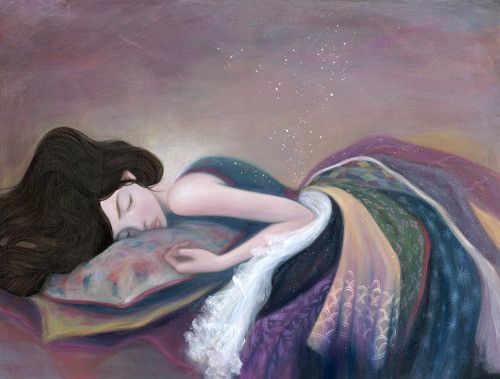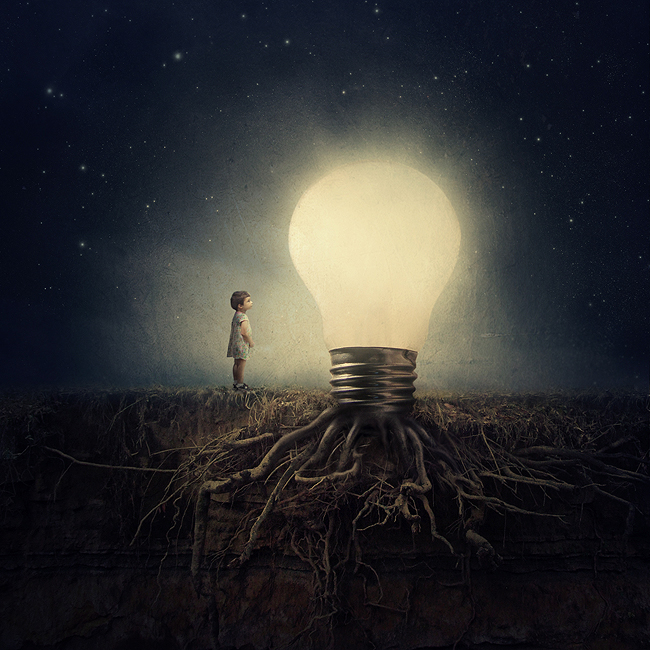
By far the most common question by those who get Sleep Paralysis seems to be: “Is my Sleep Paralysis experience normal?” It’s not surprising that especially for those who experience SP for the first time, it can be a confusing, frightening experience that often leaves people feeling alone and full of anxiety. To help combat these feelings, here are the most commonly reported experiences of SP.
Inability to Move
It goes without saying that the most prevalent symptom of SP is muscle paralysis. When you first awake or fall into SP (SP can be experienced both upon waking and falling asleep) the first thing people notice is that they can’t move. When we sleep, our bodies go into a temporary paralysis to keep us from acting out our dreams. Once we wake up, our body sends a signal out for our muscles to stop being paralyzed. During SP, this signal is delayed and we are unable to move upon partial waking. This is probably because our brains are still partially asleep during SP – which explains the next occurrence.
Visual and Auditory Hallucinations
During SP, many people see or hear things that aren’t actually there. This is because our brains are still partially asleep. During REM sleep, a high amount of stress hormone is present. REM sleep is the stage of sleep in which SP occurs. This can cause us to wake up agitated or fearful which affect our hallucinations. These hallucinations become projected onto our actual surroundings. Common visual hallucinations are: Aliens, lights, shadowy figures, monsters, dark clouds or shapes and normal everyday people. Some people hallucinate a sexual attack or somebody choking them. Others feel as though someone is watching them from their door or their bed. However, not all hallucinations are scary. Many people see family members or deceased loved ones. Some audio hallucinations include high pitched ringing or buzzing, growling, television or radio sounds or conversations in another room.
Feeling Unable to Breathe/Feeling as Though You are Being Choked
Another very common experience is the feeling of being choked or that your lungs are also paralyzed. During SP, your lungs are still functioning. However, because you can’t move, you may feel as though you can’t breathe. However, this isn’t the case at all. You are still able to breathe normally. Many people also feel as though they are being held down, pressed on tightly or strangled. Again, these are all due to the muscle paralysis which makes you feel heavy or oppressed. Taking long, deep breaths can help alleviate this feeling.
Floating Sensations s & Out of Body Type Experiences
Because our brain is trying desperately to “ground” itself during the sudden, brief paralysis, it’s common to feel as though you “float” out of your body of as though you aren’t connected with it. This is an extremely common experience and is actually completely natural. Many people have actually embraced this feeling as a way to feel apart from their physical form. However, this is a natural experience and is not related to any type of paranormal influence. It is, however, quite interesting to experience.
Please feel free to share your SP experiences with us in the comments, or visit our community on Facebook!
Image credit: Vishalandra Dakur Artwork – http://www.fine-art.com/vishalandradakur




